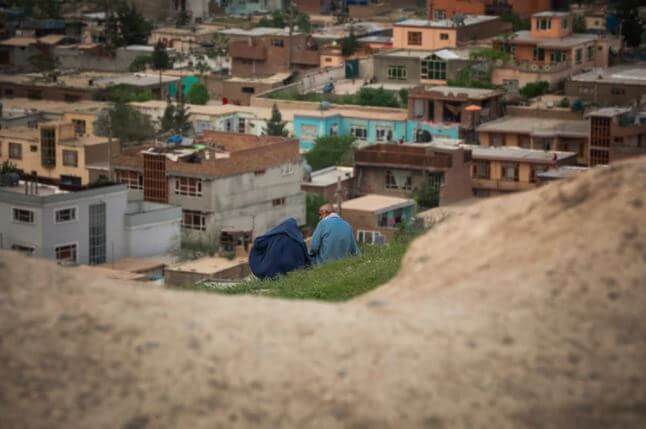The Australia Institute has released a discussion paper highlighting deficiencies in the Brereton Inquiry into Australian Defence Force war crimes in Afghanistan. The paper criticises a number of the inquiry’s key findings, and argues that only a royal commission can determine where ultimate responsibility lies.
It argues that the inquiry’s finding that no information about potential war crimes was given to the Australian government is not credible. It also describes as not credible the inquiry’s finding that senior military leaders only became aware of the allegations in 2015.
“The claim that no one in the higher chain of command knew what was going on with Australian troops in Afghanistan defies common sense,” the institute says. “As with the large-scale incidences of institutional child sexual abuse, and the malfeasance of financial institutions in ripping off their customers, only a Royal Commission is able to address the core problems and prevent re-occurrence.”

The Brereton Inquiry found that 36 Afghans were murdered by Australian special forces personnel in cold blood, although the real figure is certainly higher given a pattern revealed by the inquiry of defence force personnel tampering with bodies in order to make civilians look like combatants after killing them. Unfortunately the majority of its substantive findings were redacted in the public release, including “possibly the most disgraceful episode in Australia’s military history.”
The Australia Institute critique, however, goes further in highlighting the limitations in the Brereton Inquiry’s terms of reference. The inquiry was dedicated to establishing the criminal acts which occurred and their circumstances. Its broader connection to military and government chains of command are not within its scope.
The Australia Institute also argues that the Afghan War Crimes were the logical result of continuing with a senseless war. “It is impossible for armed forces to retain focus and purpose when armed conflict itself becomes purposeless,” the institute argues.
“The retention of an ethical and moral compass also becomes impossible when soldiers do not know what they are fighting for, or why. This lack of clarity appears to have obliterated ethical and moral sensibility.”
Coinciding with significant US troop withdrawals from the country, the Australia Institute report is a powerful call for ending Australia’s pursuit of war in Afghanistan.
Image above by Sohaib Ghyasi and feature image by @ravenofshadows, both via Unsplash.